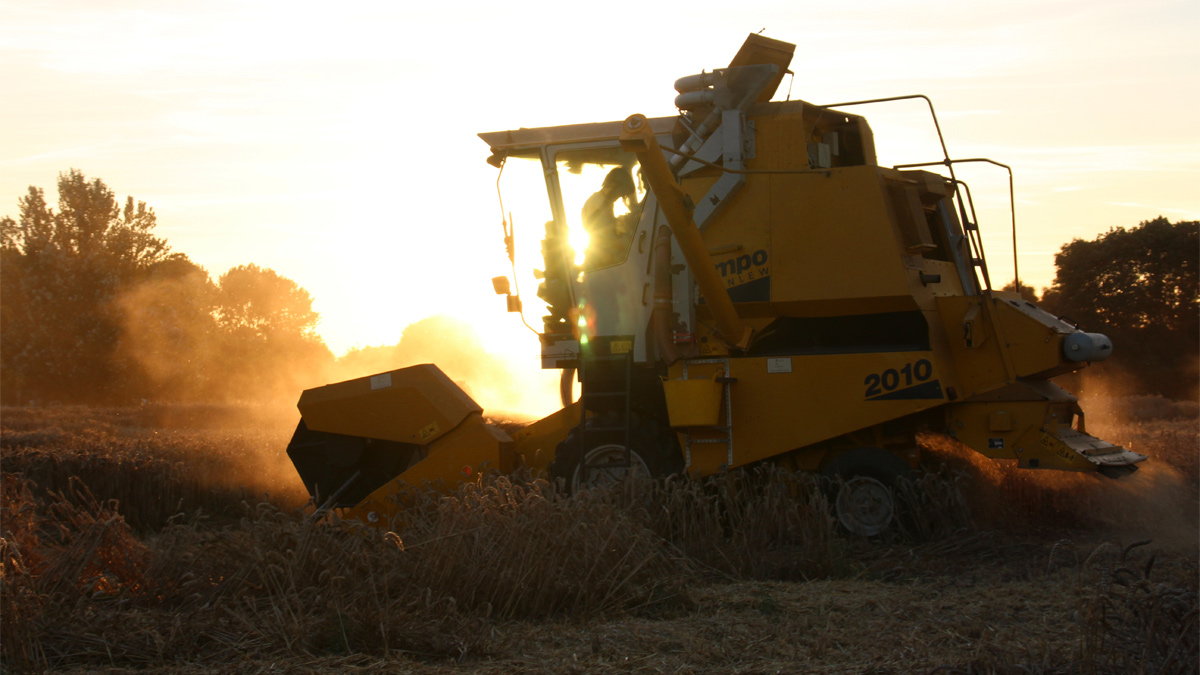The University's approximately 800 hectares of mixed farming land and woodlands provide substantial teaching and research resources, with crops at Sonning and animals at Arborfield. Our farms also represent a significant commercial operation.
Hall Farm at Arborfield
Our 580-hectare site at Arborfield is home to a commercial herd of 550 Holstein dairy cows. The herd averages more than 11,000 litres of milk per cow per annum at 3.96% fat and 3.2% protein. Cows are milked through a 50-point rotary parlour.
The location is shared with the Centre for Dairy Research (CEDAR), a unique and internationally renowned research facility that can accommodate up to 200 cows fed individually for applied research projects in a commercial setting.
CEDAR also provides specialist facilities for:
- strategic studies with smaller groups of animals
- detailed studies of digestion and metabolism
- research with growing cattle, sheep, pigs and poultry.
Research at CEDAR addresses key issues for the sustainability of animal production systems, such as environmental impacts, milk and meat composition and consumer health, antimicrobial resistance, and animal behaviour and welfare.
The commercial farming enterprise has recently encompassed:
- 180 hectares of grazing and silage leys
- 130 hectares of maize
- 90 hectares of combinable crops
- 110 hectares of permanent pasture
- 60 hectares of woodland and scrub
- 10 hectares of voluntary set-aside
- 22 hectares of natural wildflower meadows (Langley Mead), which are open to the public.
Sonning Farm
Our 180-hectare Sonning farm is home to the Crop Research Unit.
Our main enterprise at Sonning is the rearing of female dairy young stock, from one week old to point of calving at two years of age.
We also rear approximately 100 Aberdeen Angus cross Holstein beef animals and sell them directly to Sainsbury's supermarket. Sexed semen is used to optimise the number of female dairy replacements, so very few dairy bull calves are born on the farm – any that are, are sold for beef.
The Sonning farm also includes approximately:
- 75 hectares of grazing and silage leys
- 40 hectares of winter wheat and triticale
- 30 hectares of forage maize
- 22-hectare Crop Research Unit
- 13 hectares of woodland and scrub.
